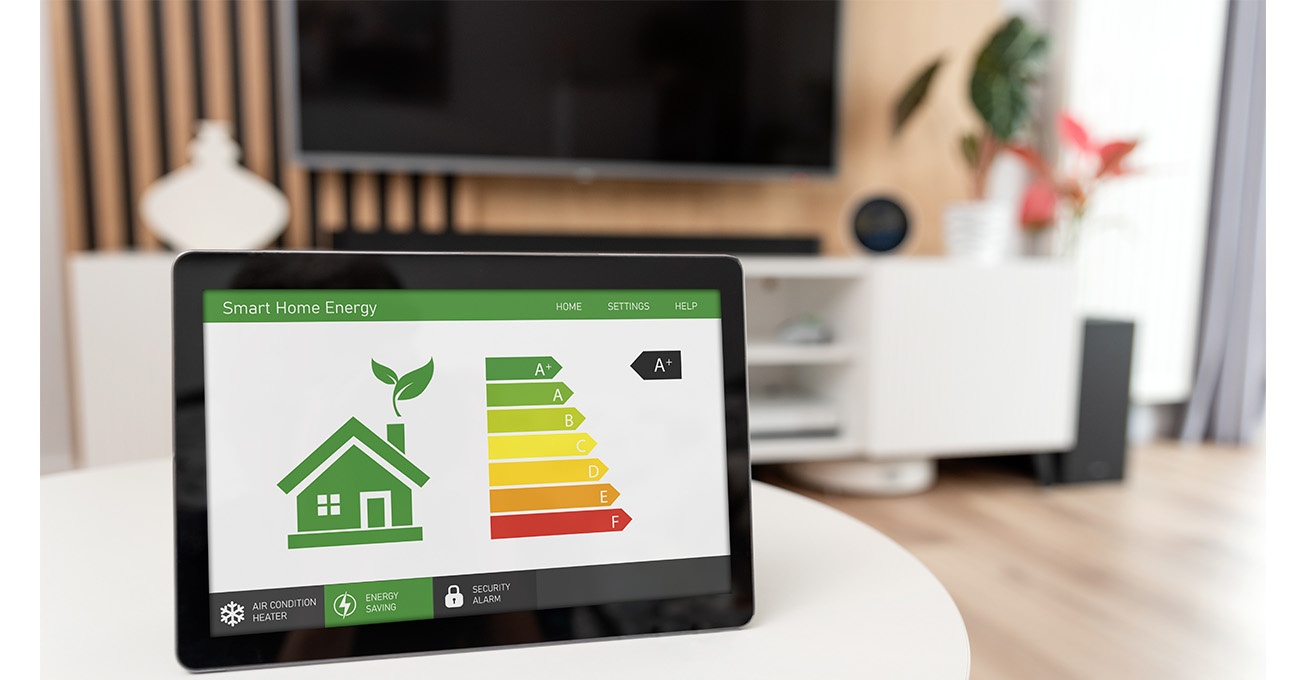
Photo Credit: Pexels
Life is unpredictable at times. While you can never truly prepare yourself for something that might never happen or is “just around the corner”, there are some things you can do to help make challenging events somewhat easier to deal with for those around you and, indeed, for you, too.
But how do you prepare for the unexpected? While this might not seem possible, it is a case of dotting the i’s and crossing the t’s that will help you in the long term.
Write A Will
Everyone should have a will and not a hastily written list of wishes on a piece of paper that no one has seen until the event of your death. You need to make a will that is legally recognised and can be executed after your passing so everyone knows your wishes. You will need to include different aspects of your life, not just money or items you wish to leave to family members.
It should include provisions for spouses or guardians for children, division of any assets, property or cash you wish to distribute between loved ones, your funeral wishes and executors of the will, too. Getting this correct can save a lot of time and worry.
Get Insured
Insurance is the one thing that can give you protection should anything drastic happen in your life. But there isn’t just one type of insurance that you should have. Life insurance is a must for everyone to help provide a lump sum payout after their death. It can help pay for funeral expenses, etc., and in some cases, provide you with critical illness or disability coverage, depending on the options you choose when taking out the policy. Still, insurance that covers your home, contents, car and income should all be considered to help you out in other scenarios where you experience massive disruption to your life, not just facing death.
Savings
Having savings for lifes hiccups can help lessen the financial blow when things don’t go according to plan. It could be requiring massive home repairs due to an act of nature, for example, having to take time off work to deal with illnesses or injury for you or your family, or simply for that rainy day.
The 50/30/20 rule works well for most people regarding savings, meaning that 20% of their total income goes into savings when they receive their income. This will, of course, build up over time and can provide you with a nice little nest egg to help soften the blow in the case of financial changes or hardship and give you a buffer to lean into.
You can have more than one savings account, or you can create sinking funds so you keep your savings account separate for larger emergencies; for example, sinking funds to cover a month taken off work with no wages should you need it, one for home emergency repairs (this should be around 1-3% of the value of your home), sinking funds for car repairs and so on. While not always needed, these little nest eggs can give you peace of mind that they are there should anything happen.
Preparing for an emergency essentially means having all of your ducks in a row and giving yourself the best chance of success financially should things not go the way you were expecting them to. By making a will, taking out the right insurance premiums and having savings, you can give yourself a headstart on those little blips life throws in your direction.






